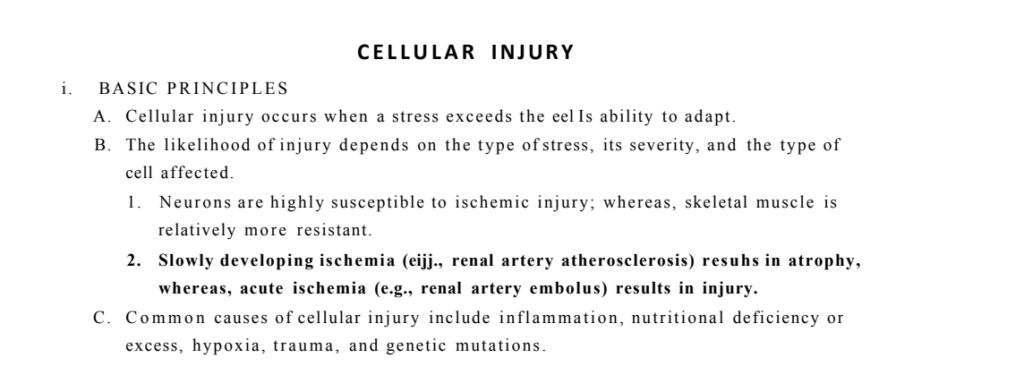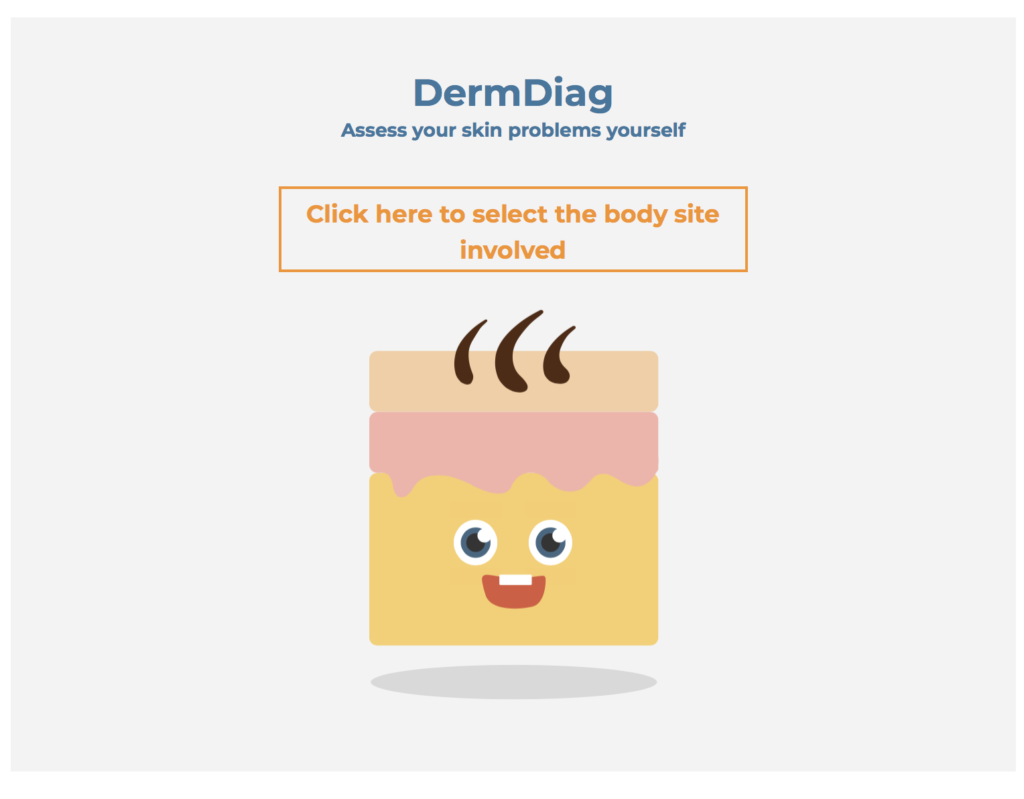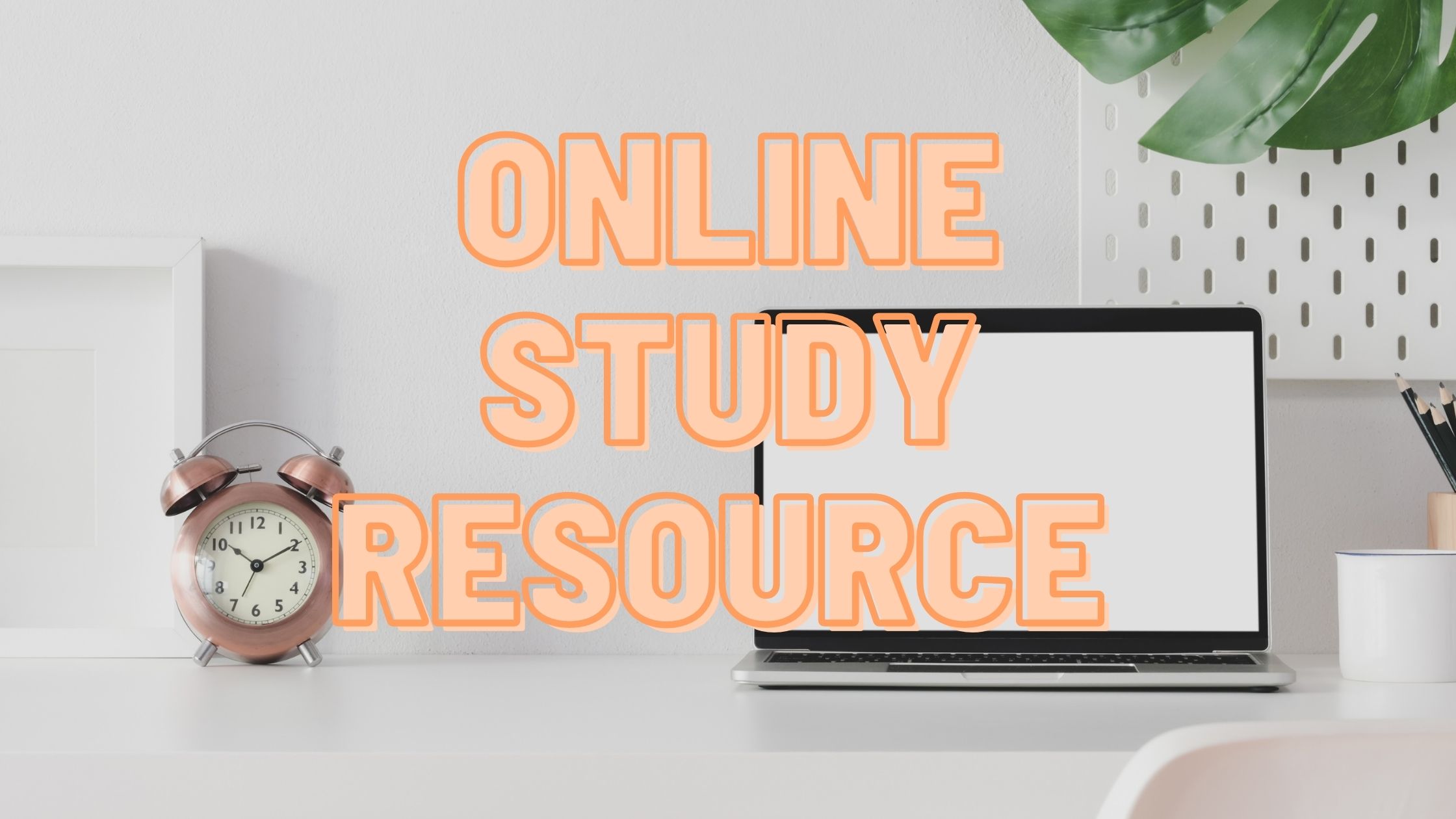Sometimes textbooks aren’t enough.
Med school teaches such complex, broad concepts that you must use any resource available to get your head around it.
SO I’ll introduce you to some of my favourite online resources that I have used over the years to survive med school.

Pathoma- Fundamentals of Pathology
This is the Pathology textbook written by a pathology god. 😀
You probably have already heard of this amazing resource, because I think 99% of medical students all over the world use this.
Pathology can be daunting to some with histology pictures all looking the same with pink and purple. Pathoma helps to break this huge barrier.
Pathoma has very succinct information, breaking down a very complex topic into appropriate sized chunks that we can swallow.
eg.

Nevertheless, one negative I felt with Pathoma was that at times the information was too succinct that it didn’t make sense to me. I highly suggest watching the Pathoma videos along with the textbook to understand the context. (There were a few spelling errors too in the booklet haha which can be bad for those learning phrases for the first time in their life)
Technically this is not a free resource, however, I was able to get the content from another medical student in the cohort. so Ask around! Sharing is caring 😛
Ortho bullets
Even as a resident I utilise this amazing resource. Often you can go years without much orthopaedic experience as a non-ortho aspiring resident and your last time studying about it may be your med school days. Orthobullets can be useful for days like this when you suddenly have to cover a fracture clinic or have an uncommon fracture in ED.
Ortho bullets include accurate X-ray imaging and photos for reference. As a visual learner this is crucial and is useful to compare to when you see your first patient with the condition!
The content is divided into introduction, anatomy, presentation, imaging and treatment for easy navigation.
If you study well with use of study-guide like summary notes this is your resource.
It may not be enough information for Orthopaedic trainees, however, if you would like entry level knowledge this is great.
Dermnet NZ
My favourite favourite resource!
Dermatology is another one of those things that all look the same if you don’t know what to look out for.
Dermnet NZ covers a wide range of conditions with again PICTURES!
The most useful service Dermnet NZ provides, in my opinion, is the Image library. For example, when you learn a skin condition via pathoma or during your clinical rotation, you can refer back to Dermnet NZ for further images and explanation.
The more variation of the same skin condition you see, the easier it becomes to pick it up!
They now have cool diagnostic tools called “DermDiag” as well, based on the book [Differential Diagnosis in Dermatology]. I mean look how cute this is! <3

obviously it’s just a tool aid and cannot provide accurate diagnosis without proper review of the patient, nevertheless, its a good starting point. It definitely helped raise my interest in dermatology.
Life in the fast lane (LITFL)
This a resource I have been recommended by multiple senior doctors.
It is a online resource created by Australasian emergency and critical care physicians, nurses and healthcare professionals. So if you work in Australia, this site is for you.
(I often struggle with international resources as they use units that are different to what I use daily. It makes it that much harder for new concepts to go in.)
LITFL offers a variety of content, however, I believe many use it for their amazing bank of ECG cases. Even the same condition can appear slightly different if you’re not used to picking out the right features.
I had one registrar that completed ALL of the cases available on LITFL and could therefore decipher what any ECG showed within SECONDS!!! like just a glance. It was crazy :D.
Khan academy and Osmosis
Both Khan academy and Osmosis has always been my go-to when I couldn’t understand a physiology/ pathology concept.
Both resources offer content in video format with hand drawn pictures and words. It allows you to learn visually and via audio so it works for majority of learners. I personally always like the voices used in the videos too, always clear and easy to understand.
When textbook content is not enough to understand a concept, please try Khan academy and osmosis. I’m confident you’ll have a great understanding at the end of the video.
ECG weekly
Another super useful ECG resource is ECG weekly. I highly recommend this one.

During med school I HATED ECG. just because… I didn’t get it.
It was “too difficult” and I hated moments where we would have to read ECGs in front of senior doctors during clinical rotations. It caused me anxiety and made me want to run away (im not exaggerating haha)
ECG weekly provides new real ECG cases from all over the world every week. The presenter takes us through the case and helps analyse and find the key features of each ECG.
It truly is magical haha. The way they break it down helped me see all the squiggles into actual understandable information.
Unfortunately this is not a free resource. But it’s only $26AUD a year so I think its worth it.
I actually was only introduced to this by my ED consultant during internship and I wish I knew of this earlier.
Summary
My top 6 favourite online resources in no particular order are:
- Pathoma
- Orthobullets
- DermnetNZ
- Life in the fast lane
- Khan academy/Osmosis
- ECG weekly
Good luck with study!



コメント